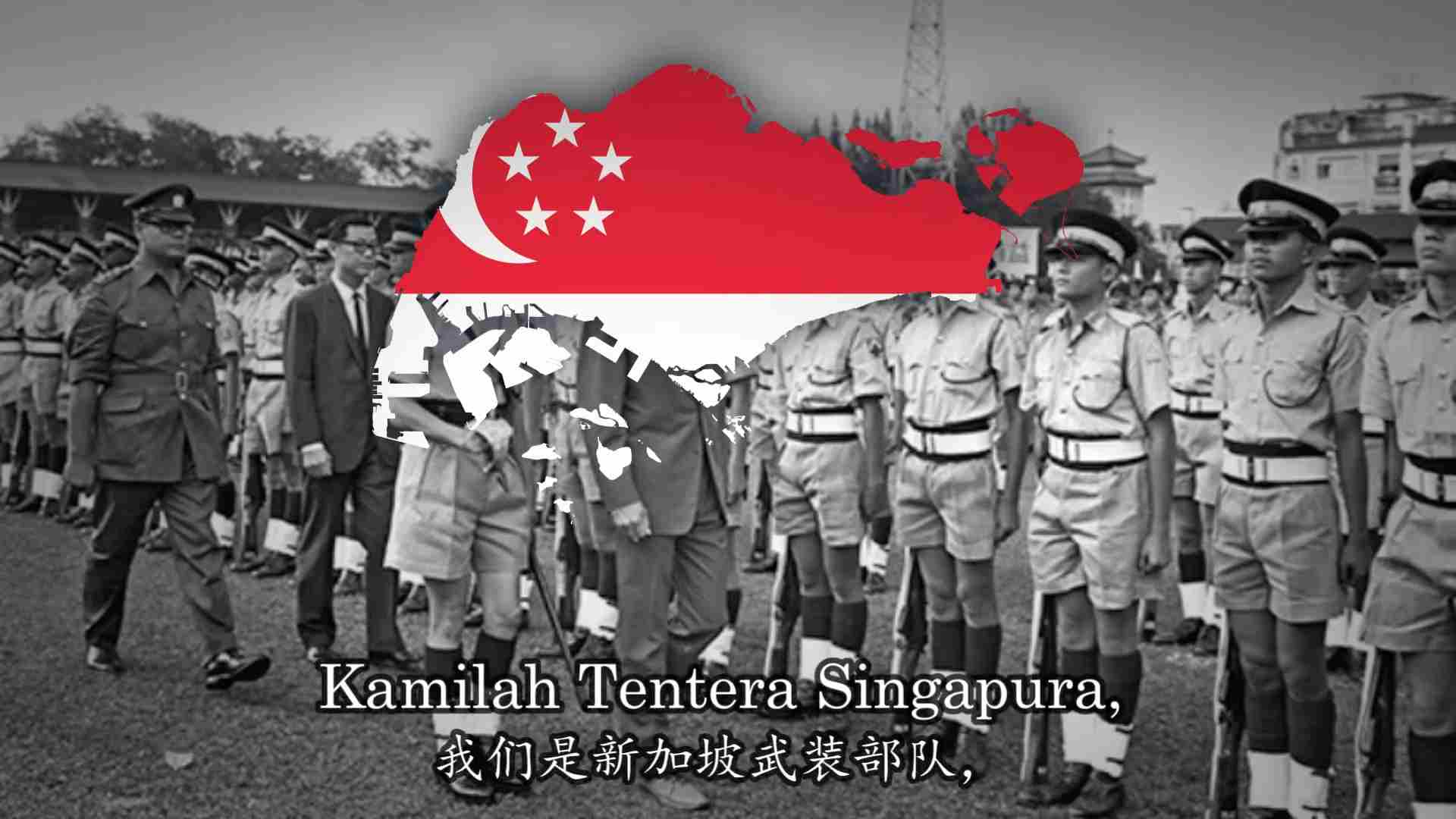Revamping Our Education System: Here's What You Need To Know
Our education system might be one of the best in the world, but it can also be an overwhelming experience for a young kid. From the Primary School Leaving Examination (PSLE) to streaming in secondary schools, these various milestones can inadvertently create pressure to excel in academics and compete with peers.
Thankfully, the Ministry Of Education (MOE) is starting to make big changes from this year onwards to address these issues, providing greater flexibility for students to learn at their own pace, without labels. But what exactly does it all mean? Here's what you need to know about all the new changes.
A New PSLE Scoring System
The current T-score system is making way for a new method where each subject is graded using 8 bands called Achievement Levels, with AL1 being the highest score while AL8 is the lowest. A student's PSLE score will therefore be the sum of 4 subject scores which, under the new guidelines, range from 4 (best) to 32. The wider scoring bands aim to remove the fine differentiation of students so early into their education cycle. This year's Primary 5 cohort will be the first to receive their exam results based on this new system.
Foundation Level Subjects
Foundation level subjects will now be graded according to 3 scoring bands from AL A to C. They are comparable to Standard level subjects' AL6 to AL8 and when a student's PSLE score is tabulated, it combines the sum of his or her 4 AL scores across both Standard and Foundation level subjects. Even with a mix these subjects, students can still qualify for the respective academic courses in secondary school as long as their overall PSLE score meets the placement criteria. Again, this is to eliminate relative comparisons amongst peers and focus on their level of achievement instead.
Eligibility For Secondary School Higher Mother Tongue
While the current criteria is still in effect, schools can still offer higher mother tongue to students at their own discretion. As long as they are assessed to have a high ability and interest in mother tongue and are able to take the advanced version without affecting their performance in other subjects, students will have that option.
Introduction Of Subject-Based Banding
Starting this year, a group of 28 secondary schools will be the first batch in a pilot programme to allow their students to choose a greater number of subjects at a higher or lower level based on their individual aptitude. For example, they can take a number of humanities subjects such as geography, history and literature in English at a more advanced level starting from Secondary 2. This will replace the long stigmatised system of streaming students into Express, Normal (Academic) or Normal (Technical) based on their PSLE results.
This is done ahead of a full overhaul in 2024 where all secondary schools will offer full subject-based banding and the subjects are divided into 3 levels of G1, G2 and G3 (G stands for General), again based on their abilities.
For the latest updates on Wonderwall.sg, be sure to follow us on TikTok, Telegram, Instagram, and Facebook. If you have a story idea for us, email us at [email protected].





/roundup_19_april_2024_rectangle.jpg?sfvrsn=898f23d7_1)





